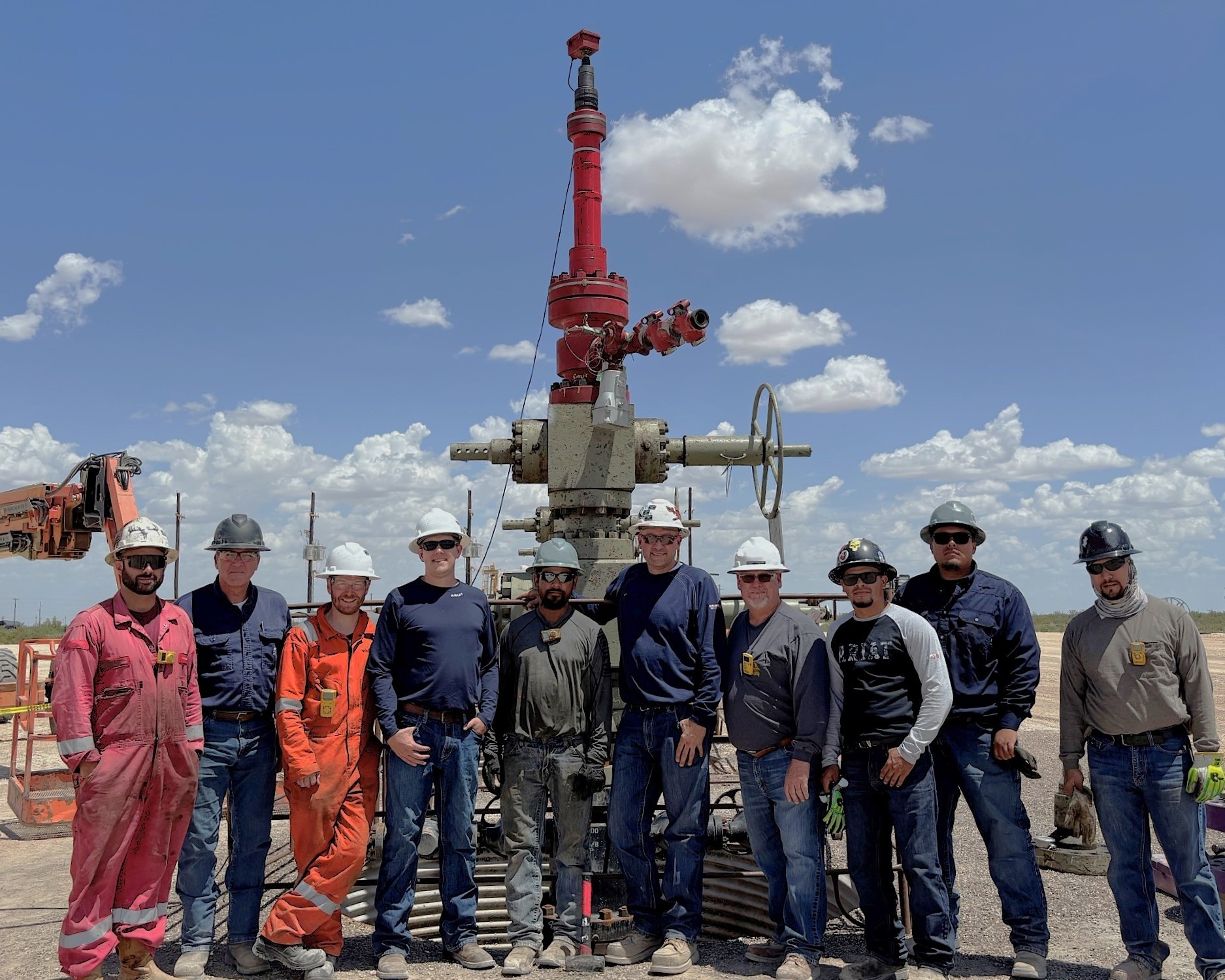WellSense, a specialist in fiber-optic effectively diagnostics, has efficiently accomplished a U.S. subject trial of its new FiberLine Intervention Conveyance System (FliCS) — the world’s first jet-propelled, battery-powered effectively conveyance expertise able to quickly deploying naked fiber into extremely deviated wells.
FLICS with a 25,000-ft Fli probe
The Permian Basin trial, carried out in August 2025 for a serious worldwide operator, demonstrated the system’s skill to deploy fiber in a 19,000-ft uncompleted horizontal effectively in simply 50 minutes — about ten occasions quicker than an ordinary pump-down operation. The operator, which supported early improvement of the system, has dedicated to utilizing the expertise in 4 further tasks over the subsequent three months.
Developed at WellSense’s Aberdeen R&D hub by founder and expertise director Dan Purkis, FliCS allows quick, low-risk deployment of fiber for distributed acoustic sensing (DAS) and distributed temperature sensing (DTS) throughout the reservoir. The only-use probe employs light-weight, jet-propelled thrust powered by onboard batteries, propelling itself by means of the effectively whereas de-spooling optical fiber for high-resolution information acquisition.
“FliCS will present effectively operators a cheap, low-risk effectively surveillance resolution for horizontal wells for the primary time,” mentioned Annabel Inexperienced, CEO of WellSense. “It allows expanded injection profiling, improved understanding of fluid placement, and helps matrix acid stimulation in carbonate reservoirs — all of which improve therapy efficiency and scale back carbon footprint.”
The expertise’s prototype mannequin can deploy 25,000 ft of fiber in little over an hour, touring at roughly 350 ft/min, in contrast with round 35 ft/min for a traditional tractor conveyance. Its light-weight elements will be safely left within the effectively toe, minimizing operational threat and simplifying logistics.
WellSense plans to showcase the expertise and subject outcomes at ADIPEC 2025 (Nov. 3–6), forward of a industrial launch in early 2026 that can embrace a slimmer model for smaller-diameter tubing purposes.

